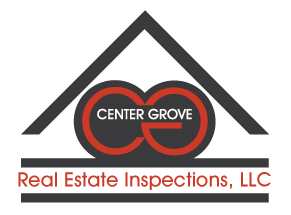Home plumbing is one of those things that are easy to take for granted today. As long as everything works as intended, it is easy to forget how important your plumbing system is, and how it was developed.
Plumbing and sewer treatment systems have been improved considerably during the past century. As little as 100 years ago many homes still did not have indoor plumbing, and cities routinely dumped untreated sewage directly into rivers, lakes or the ocean. Home plumbing is now more efficient and safer than at any time in the past.
Prior to modern home plumbing and municipal treatment systems, sewage frequently contaminated drinking water supplies since it was dumped into the water untreated. This early system developed out of the theory that the sewage was diluted by the large volume of water in the lake, river or ocean into which it was drained. Over time, however, cities have become larger and the impact of emptying raw sewage into the water has become much more well known.
Serious diseases were frequently caused by poor sewage systems and plumbing in the past. Diseases like cholera, typhoid, dysentery, E. coli, gastroenteritis, giardiasis, hepatitis A and salmonellosis are among those directly linked to drinking water that is contaminated by sewage, noted Tom Feiza in a recent article in Working RE Magazine. In other words, safe plumbing and wastewater treatment can be a matter of life and death.
Older homes often present particular challenges when it comes to plumbing. Building codes and standards have evolved over the years to reflect today’s best practices, but older homes may still have outdated plumbing. Cast iron or galvanized steel plumbing may corrode inside and eventually become too blocked to carry water or sewage. Clay tile sewer lines outside of the home also crack and deteriorate with age or may become blocked with tree roots. In some older homes, rain gutters may even still be connected to sewer lines underground, or may have “house traps” between the city sewer and the home to prevent sewer gases from backing up into the home or gutters.
Plumbing problems in older homes can be complicated and expensive to repair and upgrade. That’s why it pays to have a complete home inspection conducted by a qualified professional before purchasing a home or before problems develop, if you already own the home. An inspector can evaluate the condition of the home’s plumbing so that you can discuss with the owner any repairs or upgrades that may be needed before you make a purchase offer.
Center Grove Real Estate Inspections provides thorough, efficient and honest residential inspections throughout the Indianapolis area. We give our clients the peace of mind that they deserve as homeowners. Contact us today at 317-535-5108 to schedule an inspection or to learn more about our services.

Leave a Reply